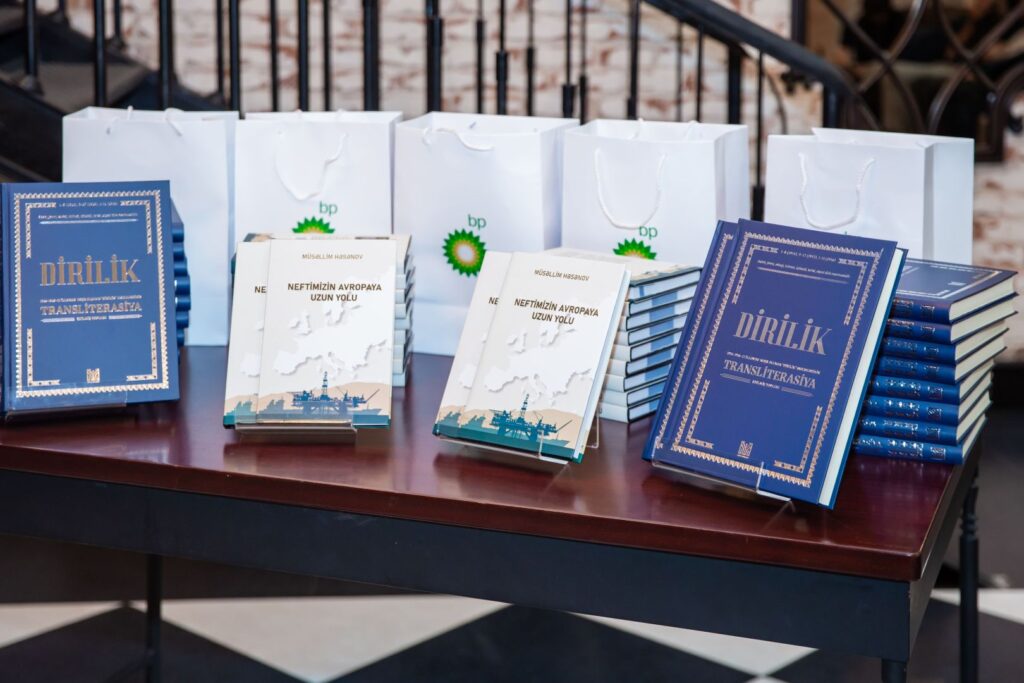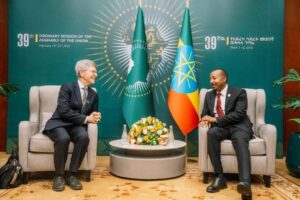New Research Initiative Chronicles the Historic Journey of Azerbaijani Oil to Europe

Baku, The Gulf Observer: In a landmark move to highlight the historical and strategic importance of Azerbaijan’s energy heritage, a new research initiative was officially presented on July 10, culminating in the publication of a groundbreaking book titled “The Long Road of Our Oil to Europe: The Known and Unknown Facts, the Clear and Dark Pages of This Journey,” News Hub Consultants reports.
The project, supported by bp, is part of the company’s continued commitment to preserving and promoting Azerbaijan’s rich historical and cultural legacy, particularly its pivotal role in the global energy landscape. The initiative is a significant contribution to historical scholarship, examining the influence of oil in shaping Azerbaijan’s national identity, statehood, and international partnerships.
Authored by journalist Musallim Hasanov and implemented by the public union Unextinguishable Torch (Sönməz Məşəl), the 258-page publication is the first of its kind to comprehensively trace the development of Azerbaijan’s oil and gas industry across four distinct historical epochs: Tsarist Russia, the Azerbaijan Democratic Republic (1918–1920), the Soviet era, and the post-Soviet period of independence.
The book begins by detailing oil production in Baku in the late 19th century, emphasizing the city’s role in early exports and its emergence as a key player on the global energy stage. It delves into parliamentary debates of the Azerbaijan Democratic Republic, the nation’s participation in the Paris Peace Conference, and efforts to utilize oil as a strategic tool for securing national sovereignty.
Further chapters examine the transformation of Azerbaijan’s oil industry under Soviet nationalization following the Bolshevik occupation. The narrative then shifts to the post-independence era, analyzing early negotiations with foreign oil companies, the “Contract of the Century” signed in 1994, and the challenges of navigating political pressures, security concerns, and international diplomacy during this pivotal chapter in the country’s modern history.
Based on archival documents, rare publications, and historical newspapers, the book is presented in an accessible narrative format, making it suitable for both scholars and general readers. It includes unique primary sources related to oil exports and diplomatic exchanges, offering fresh perspectives on Azerbaijan’s energy diplomacy.
The total project cost amounted to 48,500 AZN (approximately $28,530), covering pre-publication research, project management, and the printing of 1,000 copies of the book.
This initiative reflects Azerbaijan’s enduring commitment to documenting its energy legacy and underscores the nation’s role as a critical link between Europe and Asia in the global energy matrix.


